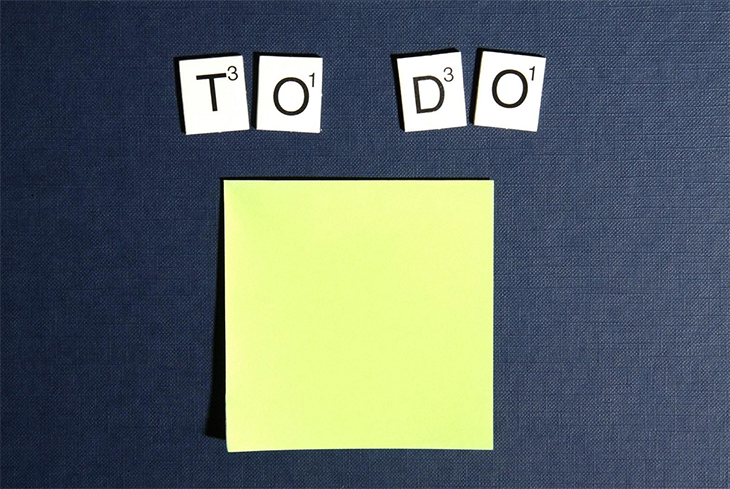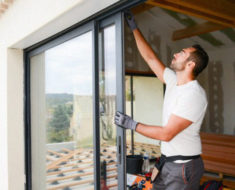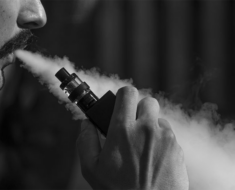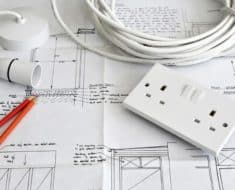
Pexels
It’s always good to prepare yourself for the worst-case scenario. That way, you can get through the situation relatively unscathed and move forward. Here are three worst-case scenarios that you should always prepare for:
1. Financial Emergencies
Sometimes, you’ll have to deal with an urgent expense that’s completely outside of your budget. So, you should build yourself a small emergency fund to make sure that you can pay for unexpected problems at the drop of a hat.
While you’re building up your emergency fund, you should consider applying for a line of credit online. This will be another safety net that you can rely on when you don’t have enough in your budget to cover an urgent expense. Click here to see the difference between line of credit and credit card before you apply for one. Get the important details ahead of time.
With an emergency fund and a line of credit handy, you should be able to handle any emergency expense that comes your way.
2. Car Emergencies
The last thing you want to deal with on your road trip is car trouble. You could be stranded on the side of the road for a long time, waiting for a tow truck to come.
The first thing that you should do to prepare for car emergencies is to charge your phone before you go on a trip. Bring a car charger or power bank with you so that your phone always has enough juice to make an emergency call.
The next thing that you should do is make yourself a roadside emergency kit. You should have the following items inside:
- A flashlight
- Batteries
- Road flares
- Jumper cables
- First aid kit
- Spare tire
- Jack
- Blankets
- Bottles of water
- Snacks that won’t spoil (granola bars, energy bars, etc.)
You’ll want to update your kit based on the season. For spring, summer and fall, you’ll want to have rain ponchos, tarps and umbrellas handy in case of rain. For the winter, you’ll want to add a collapsible shovel and a bag of safety absorbent just in case your car gets stuck in the snow. You’ll also want gloves, hats and scarves for the cold.
For additional safety, you should learn some basic car repairs like how to change a flat tire or jump-start your car. This way, you won’t feel stumped when you see a warning light flash on your dashboard. You might be able to fix the problem without the help of a mechanic and get back on the road.
3. Plumbing Emergencies
What can you do to prepare for plumbing emergencies? The first thing that you should do is take care of your plumbing. Don’t flush things that can clog up the toilet. Call a plumber to fix any leaks or drain problems that could get worse. Install plumbing devices that can prevent basement flooding, like a backwater valve or sump pump.
If you already have a sump pump, test it out once or twice a year to make sure it’s in good condition. It’s better to find out that it’s not working properly during your test run than during a rainstorm. You can test it out by dumping a bucket of water into the sump pit and watching it drain out.
You should also learn where the main water shutoff valve is on your property. This will cut off your home’s water supply. When water is spilling out from broken pipes or malfunctioning fixtures, run to the valve and turn it off.
Your worst-case scenarios aren’t so bad when you’re prepared for them.









































